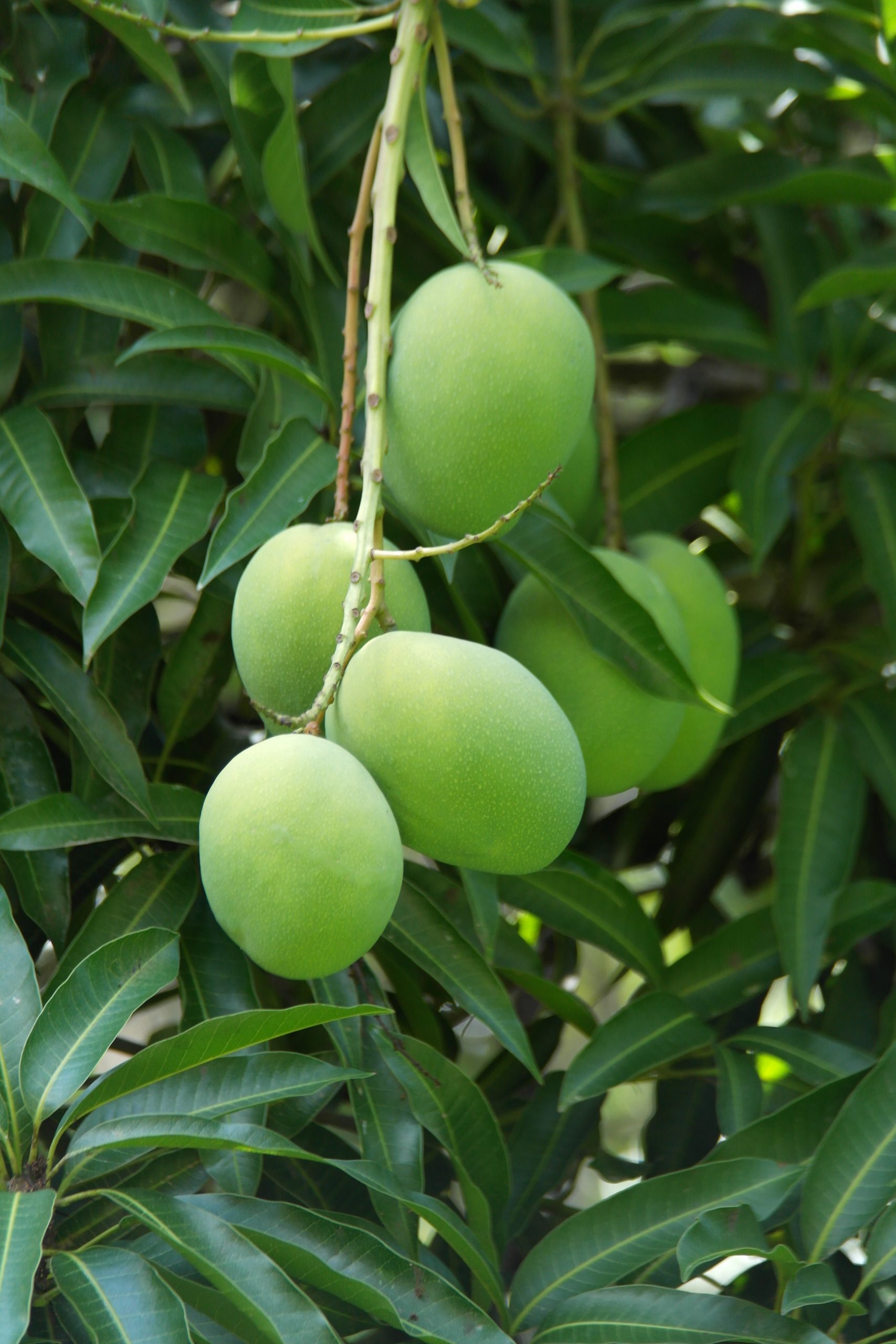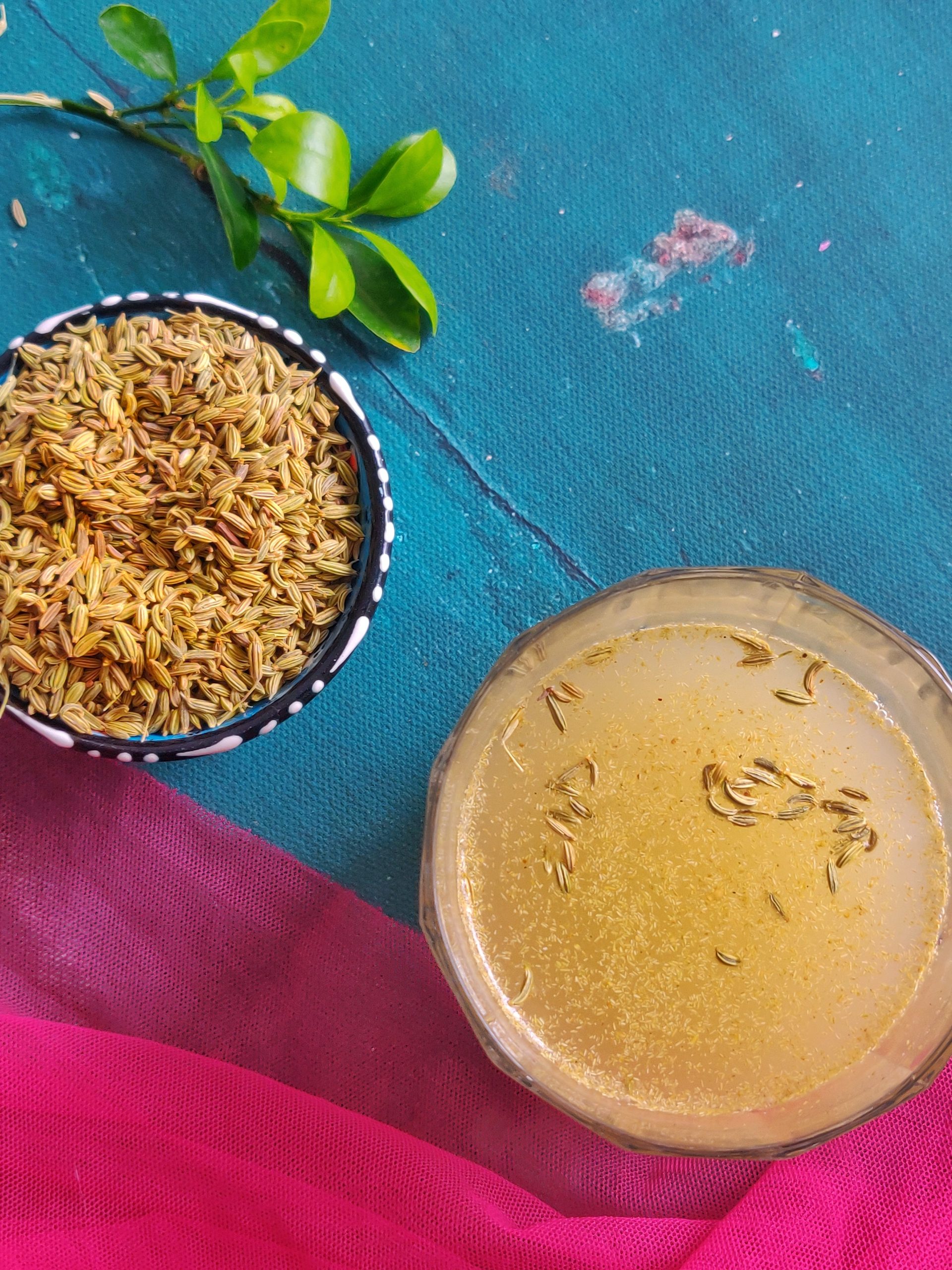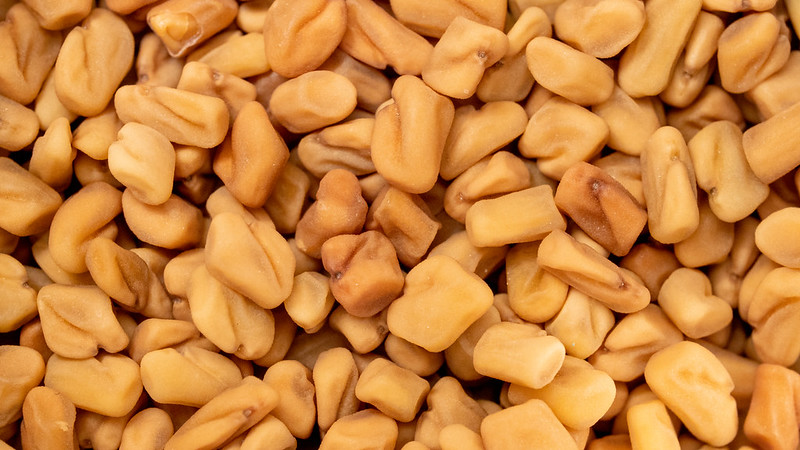
Welcome to our in-depth exploration of Lemme Vitamins, a brand that’s been making waves in the health and wellness industry. With Kourtney Kardashian at its helm, Lemme Vitamins promises high-quality, flavorful, and health-enhancing supplements. In this post, we’ll dissect the brand, its product offerings, and the experiences of its users.
What are Lemme Vitamins?
Lemme Vitamins isn’t just another supplement brand—it’s a lifestyle choice. With the goal of making health and wellness an enjoyable part of daily life, Lemme has curated a range of vitamins that are as delicious as they are beneficial. The brand’s association with Kourtney Kardashian has undoubtedly amplified its popularity, with the star’s dedication to health and wellness reflected in the products.
Exploring the Product Range
Lemme Vitamins offers a diverse array of supplements, each designed to cater to specific health needs. Let’s delve into the details:
Matcha Energy B12 Gummies
These gummies are perfect for those needing a quick energy boost. They are packed with:
- Ground matcha leaves: Known for their antioxidant properties, they can help increase energy levels and improve mental focus.
- Vitamin B12: Plays a vital role in brain function and the production of DNA and red blood cells.
- CoQ10: A nutrient that helps generate energy in your cells.
The gummies are priced at $30 for a bottle of 60 gummies, making them an affordable option for those looking to enhance their energy levels and cognitive function.
Chill Vitamins
Ideal for those seeking calm and relaxation, these gummies contain:
- Melatonin: A hormone that regulates the sleep-wake cycle.
- Magnesium: Plays a role in over 300 enzyme reactions in the body, including regulating neurotransmitters, which send messages throughout the brain and nervous system.
- L-theanine: An amino acid found in tea leaves that is known to promote relaxation without drowsiness.
- A blend of chamomile flower, lavender, and elderberry: All herbs known for their calming properties.
Priced at $30 for a bottle of 60 gummies, the Chill Vitamins are a great investment for those seeking a natural solution to stress and sleep issues.
Debloat Gummies
These gummies are designed to help reduce bloating and digestive issues. They contain:
- A probiotic blend, including Lactospore and DE111: These probiotics help maintain a healthy balance of gut bacteria.
- XOS (xylooligosaccharides): A type of prebiotic that helps stimulate the growth of beneficial bacteria in the gut.
These gummies are priced at $30 for a bottle of 60 gummies. If you’re struggling with digestive issues, the Debloat Gummies could be the solution you’ve been looking for.
Focus Gummies
These gummies are designed to help improve concentration and cognitive function. They contain:
- Lion’s mane mushroom: Known for its potential cognitive-enhancing effects.
- Citicoline: Can help improve brain function.
- Vitamin B12: Essential for brain health.
- MCT oil: A type of fat that can be easily used for energy by the brain.
These gummies are priced at $30 for a bottle of 60 gummies. If you’re looking to enhance your focus and cognitive function, the Focus Gummies are a worthy investment.
Each product is meticulously formulated to provide maximum health benefits while being a delight to consume. The brand’s commitment to using natural, vegan, and gluten-free ingredients ensures that you’re getting a product that’s not only beneficial but also aligns with various dietary preferences.
Delving into Ingredients and Quality
What sets Lemme Vitamins apart is their unwavering commitment to quality. The ingredients used in their products are natural, vegan, and gluten-free. This ensures that you’re getting a product that’s not only beneficial but also aligns with various dietary preferences.
User Experience: A Deep Dive
Now, let’s delve into what users think. The feedback on Lemme Vitamins has been overwhelmingly positive. Users rave about the taste of the vitamins and have reported noticeable health benefits. Here are some highlights:
- Energy Boost: Users of the Matcha Energy B12 Gummies have reported feeling more energetic.
- Improved Sleep: Users of the Chill Vitamins have reported better sleep quality.
Exploring the Reviews of Lemme Product Range
Matcha Energy B12 Gummies
The Matcha Energy B12 Gummies are designed to provide a natural energy boost. They contain organic matcha green tea, vitamin B12, and antioxidant CoQ10. These ingredients work together to support cellular energy metabolism and healthy skin. The gummies are vegan, gluten-free, and non-GMO.
Reviews:
- Positive: One user mentioned that they were skeptical at first, but the gummies worked really well for them. They noticed a difference in their energy level about 30 minutes after taking the gummies. They also appreciated that the gummies did not upset their stomach or cause any other negative effects that they would typically experience from drinking coffee.
- Negative: Another user liked the concept of the gummies and felt that they helped to provide steady energy throughout the day. However, they found the taste to be disgusting, describing it as a strong caramel taste, and said they may not buy the product again because of this.
Chill Vitamins
The Chill Vitamins are designed to help promote relaxation and improve sleep quality. They contain melatonin, magnesium, and L-Theanine, which are known for their calming and sleep-promoting effects. Like the Matcha Energy B12 Gummies, the Chill Vitamins are also vegan, gluten-free, and non-GMO.
Reviews:
- Positive: One user mentioned that they were surprised by how well the Chill Vitamins worked. They felt awake and not jittery at all, describing it as a feeling of natural energy. They also appreciated the taste of the gummies, stating that they taste great.
- Negative: Another user liked the Chill Vitamins and said that they were feeling better with more energy after taking them. However, they would have given the product a five-star rating if it was made with methylcobalamin, a form of vitamin B12.
Debloat Daily Digestive Gummies
The Debloat Daily Digestive Gummies are designed to support digestive health and relieve bloating. They contain two types of probiotics and a prebiotic, which work together to support gut health and regularity. Like the other products in the Lemme Vitamins range, these gummies are vegan, gluten-free, and non-GMO.
Reviews:
- Positive: One user mentioned that they have been taking these gummies in the morning for about a week and have noticed less bloating in their stomach area. They also mentioned that they overate during the holiday weekend but did not experience the usual discomfort and gas. They found the taste of the gummies to be great and are hopeful to see continued improvement.
- Negative: Another user liked the flavor of the gummies and felt that they worked well, but they were disappointed that the gummies all stuck together in one big clump, which made them difficult to consume.
Focus Concentration & Brain Health Gummies
The Focus Concentration & Brain Health Gummies are designed to enhance focus and cognitive function. They contain Cognizin Citicoline, Lion’s Mane, Vitamin B12, and MCT oil. These ingredients are known to support cognitive function. Like the other products in the Lemme Vitamins range, these gummies are vegan, gluten-free, and caffeine-free.
Reviews:
- Positive: One user mentioned that these gummies are a must-try for anyone looking for a natural and effective way to enhance focus and concentration. They found that the gummies delivered noticeable results within just a few days of consistent use, making them feel more alert, focused, and productive throughout the day.
- Negative: Another user mentioned that while the gummies gave a boost of energy and helped with focus, they felt like it could have been a placebo effect. They also mentioned that they experienced a major pressure headache after taking the gummies, so they don’t take them very often.
Price and Value: An Analysis
When it comes to evaluating the price and value of Lemme Vitamins, several factors come into play. Each bottle of Lemme Vitamins, regardless of the type, is priced at $30 for a bottle of 60 gummies. This means that each gummy costs approximately $0.50.
While this might seem a bit pricey compared to other gummy vitamins on the market, it’s important to consider the quality of the ingredients and the brand’s commitment to health and wellness.
Lemme Vitamins are vegan, gluten-free, and non-GMO, which means they cater to a wide range of dietary needs and preferences. They also contain a variety of high-quality ingredients that are known for their health benefits, such as matcha green tea, vitamin B12, CoQ10, melatonin, magnesium, L-Theanine, probiotics, prebiotics, Lion’s Mane, and MCT oil.
Furthermore, the brand is transparent about its ingredients and manufacturing processes, which adds to its credibility and trustworthiness. The gummies are also easy to consume and have been praised for their taste, making them a convenient and enjoyable way to supplement your diet.
In terms of value, the benefits that these gummies provide, such as increased energy, improved sleep, better digestive health, and enhanced focus, can contribute significantly to one’s overall well-being and productivity. Therefore, while the price point might be higher than other brands, the value that Lemme Vitamins provide could justify the cost for many consumers.
However, as with any supplement, individual experiences and results may vary. It’s always recommended to consult with a healthcare provider before starting any new supplement regimen.
The Celebrity Endorsement Factor
Celebrity endorsements can significantly impact a brand’s visibility and credibility, and Lemme Vitamins is no exception. The brand’s association with Kourtney Kardashian, a well-known celebrity and health enthusiast, has undoubtedly played a significant role in its popularity.
Kourtney Kardashian is not just a celebrity endorser of the brand; she is also its co-founder. Her passion for health and wellness is well-documented, and she has often shared her personal health routines and favorite products with her fans. This personal connection and commitment to the brand add a level of authenticity to her endorsement that can be very appealing to consumers.
Furthermore, Kardashian’s large and engaged social media following provides a vast platform for promoting Lemme Vitamins. Her endorsement can reach millions of potential customers, many of whom trust her opinions and recommendations.
However, it’s important to note that while celebrity endorsements can increase a product’s appeal, they do not guarantee its effectiveness. The quality and effectiveness of Lemme Vitamins, as with any supplement, should be evaluated based on its ingredients, manufacturing standards, and customer reviews.
Potential Side Effects of Lemme Vitamins and Gummies
While Lemme Vitamins are generally safe for consumption, potential side effects may occur, largely depending on individual tolerance and the specific ingredients in each product. Here are some potential side effects based on the key ingredients in each product:
Matcha Energy B12 Gummies
- Matcha Green Tea: While matcha is generally safe, it does contain caffeine, which can cause side effects such as insomnia, nervousness, irritability, stomach upset, nausea, and increased heart rate in some people.
- Vitamin B12: Most people can take vitamin B12 without any side effects. However, in rare cases, it can cause diarrhea, blood clots, itching, or allergic reactions.
- CoQ10: CoQ10 is generally well-tolerated, but it can cause mild side effects such as diarrhea, nausea, and heartburn in some people.
Chill Vitamins
- Melatonin: While generally safe for short-term use, melatonin can cause side effects such as headache, dizziness, nausea, and drowsiness.
- Magnesium: High doses of magnesium can lead to diarrhea, nausea, and abdominal cramping. In rare cases, it can cause an irregular heartbeat or low blood pressure.
- L-Theanine: This amino acid is generally safe, but it can cause mild side effects such as headache, dizziness, and symptoms of a digestive upset.
Debloat Daily Digestive Gummies
- Probiotics and Prebiotics: While generally safe, some people may experience gas, bloating, or an upset stomach after taking probiotics and prebiotics.
Focus Concentration & Brain Health Gummies
- Lion’s Mane: Some people may experience an allergic reaction to Lion’s Mane, resulting in skin rashes or difficulty breathing.
- Citicoline: Citicoline is generally safe but can cause side effects such as headache, insomnia, diarrhea, low or high blood pressure, nausea, blurred vision, and chest pains in some people.
It’s important to note that these side effects are not common and most people can consume these products without experiencing any adverse effects. However, if you have any pre-existing health conditions, are pregnant or nursing, or are taking any other medications or supplements, it’s always recommended to consult with a healthcare provider before starting any new supplement regimen.
Frequently Asked Questions
What are Lemme Vitamins?
Lemme Vitamins is a health and wellness brand co-founded by Kourtney Kardashian. The brand offers a range of supplements in gummy form, each designed to cater to specific health needs. The product range includes Matcha Energy B12 Gummies, Chill Vitamins, Debloat Daily Digestive Gummies, and Focus Concentration & Brain Health Gummies.
What makes Lemme Vitamins unique?
Lemme Vitamins stands out for its commitment to quality and wellness. The brand uses high-quality, natural, vegan, and gluten-free ingredients in its products. Each product is designed with a specific health benefit in mind, from boosting energy to promoting relaxation, improving digestive health, and enhancing cognitive function. The brand’s association with Kourtney Kardashian also adds to its visibility and credibility.
How much do Lemme Vitamins cost?
Each bottle of Lemme Vitamins, regardless of the type, is priced at $30 for a bottle of 60 gummies. This means that each gummy costs approximately $0.50. While this might seem a bit pricey compared to other gummy vitamins on the market, the quality of the ingredients and the brand’s commitment to health and wellness justify the cost for many consumers.
Are Lemme Vitamins effective?
Based on user reviews, many customers have found Lemme Vitamins to be effective in delivering the health benefits they promise. Users have reported increased energy, improved sleep, better digestive health, and enhanced focus. However, as with any supplement, individual experiences and results may vary.
Where can I buy Lemme Vitamins?
Lemme Vitamins can be purchased directly from the brand’s website. They may also be available at select online retailers. It’s always a good idea to buy directly from the brand or a trusted retailer to ensure you’re getting a genuine product.
Do I need to consult a doctor before taking Lemme Vitamins?
As with any new supplement regimen, it’s always recommended to consult with a healthcare provider before starting to use Lemme Vitamins. This is particularly important if you have any pre-existing health conditions, are pregnant or nursing, or are taking any other medications or supplements.
Conclusion
Lemme Vitamins, with its diverse product range, commitment to quality, and celebrity endorsement, has made a significant impact in the health and wellness supplement market. Each product is designed with specific health benefits in mind, from boosting energy to promoting relaxation, improving digestive health, and enhancing cognitive function.
The brand’s commitment to using high-quality, natural, vegan, and gluten-free ingredients is commendable. This ensures that the products are not only beneficial but also cater to a wide range of dietary preferences.
The pricing, while slightly higher than some other brands, reflects the quality of the ingredients and the research that goes into each product. The positive reviews from users further attest to the value that these products provide.
The celebrity endorsement by co-founder Kourtney Kardashian adds a layer of visibility and credibility to the brand. However, it’s clear that Lemme Vitamins stands on its own merits, delivering products that users find effective and enjoyable to consume.
In conclusion, Lemme Vitamins appears to be a solid choice for those seeking to enhance their health and wellness routine with high-quality, targeted supplements. As always, potential users should consult with a healthcare provider before starting any new supplement regimen.
Call to Action
Intrigued by Lemme Vitamins? Explore their product range and discover how they can enhance your health and wellness journey. If you’re already a fan, we’d love to hear about your experiences! Share your thoughts in the comments below.
Blog Tags: Lemme Vitamins, Kourtney Kardashian, Health Supplements, Vitamin Gummies, Matcha Energy B12 Gummies, Chill Vitamins, Debloat Gummies, Focus Gummies, Vegan Supplements, Gluten-Free Supplements, Celebrity Endorsements, Product Reviews, Health and Wellness
















